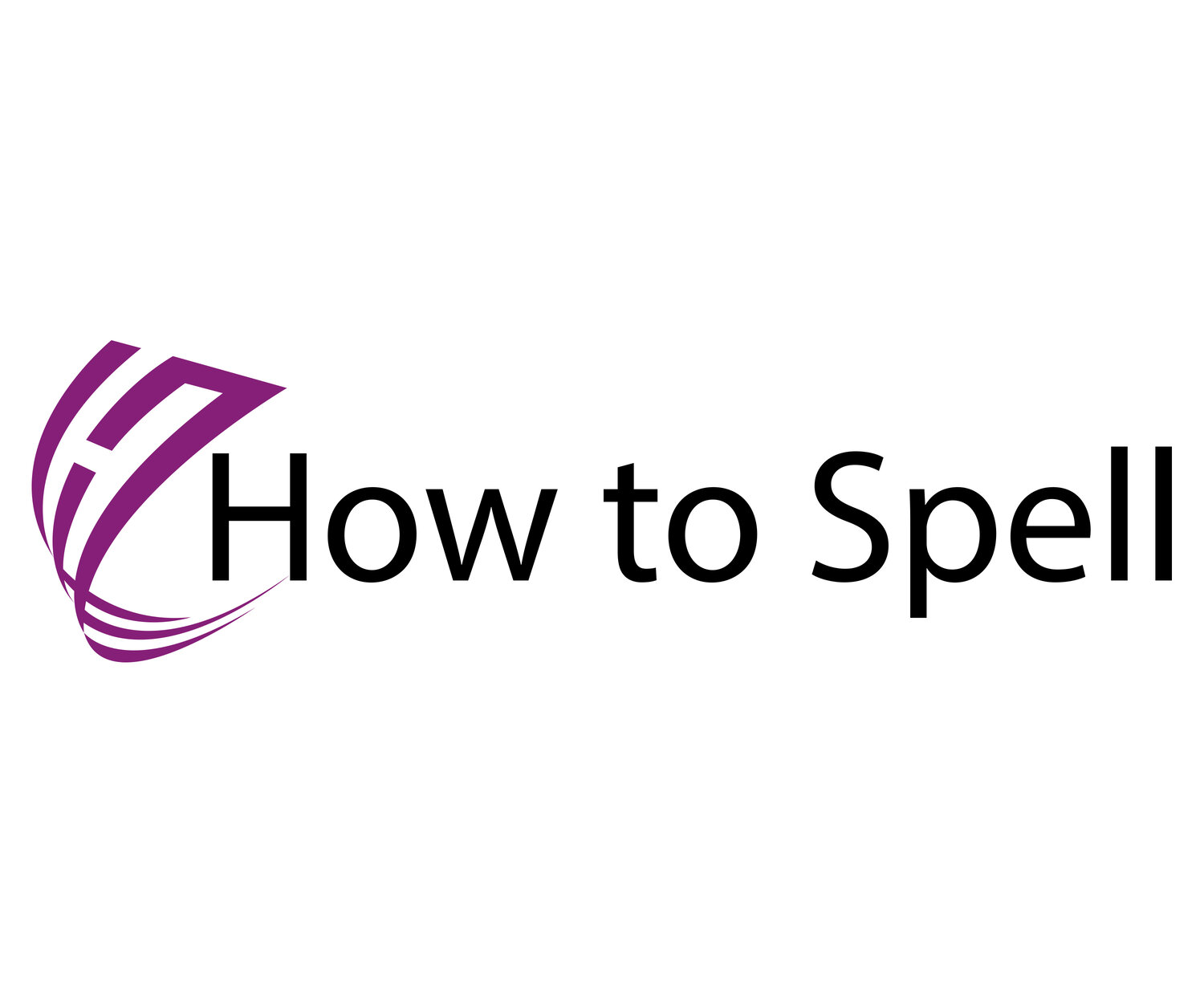though, through, thorough, thought
These words look very similar to each other and are easy to confuse and spell.
In this lesson and video we're taking a thorough look through these nightmare words and though you might get confused keep your thought processes open while we work on how you can remember them. Phew!
Can you see the letter pattern they all have? -ough a tricky pattern to learn and spell. They also all have the th- letter pattern.
In my other video on the history and pronunciation of -gh- words video, we learnt that these -gh- words are Anglo-Saxon words and were written with just an h and used to be pronounced like the Scottish loch. But then the French invaded and added a g to the h to reflect the 'hard' h sound.
This sound eventually became silent or pronounced with a "f" at the end of some words. We leave the gh in there to show the origins and history of the word.
through “throo”
It means in one side out and the other: go through a door, walk through the park, struggle through until pay day.
We've also got throughout. He checks stock throughout the warehouse.
Through is the only one of the words that starts with thr-.
We say "throo" (a long vowel sound). We get it confused with the past tense of throw: threw. Threw and through are homophones, which means they have the same sound but different meaning and spelling (check out the homophones video and info here.
Through has its own pattern and sound thr- like in three, throw, throttle so the pronunciation can help with the first sound but then you have to learn the -ough pattern which they all have. Use a memory trick or use the Look Say Cover write check method the help with the learning of it (watch my video about this method).
She was watching him through the kitchen window.
be/get through: I tried to phone the mayor's office, but I couldn't get through.
There are tons of meaning and phrases for through click here and find out more https://www.oxfordlearnersdictionaries.com/definition/english/through
though “thoh”
Though means in spite of the fact that; however, but. We also have even though and although (which is more formal).
The sun was shining though it wasn’t that warm. Even though it's small, the room has a spacious feel.
Oxford Learner’s Dictionary says: although / even though / though
You can use these words to show contrast between two clauses or two sentences. Though is used more in spoken than in written English.
You can use although, even though and though at the beginning of a sentence or clause that has a verb. Notice where the comma goes:
Although/Even though/Though everyone played well, we lost the game.
We lost the game although/even though/though everyone played well.
We pronounce though as “thoh”. The ough is a short vowel sound "oh".
Though rhymes with dough and borough (American accent). Though the dough was sticky he managed to make bread.
Though we are only a small country, we have a long and glorious history.
He went on fighting even though he was wounded.
Use after an adjective: Poor though her family was, they would never ask for help.
Odd though it may seem, I never found out his name.
thorough “th ruh” or “th roh” (American)
Thorough means done with great care and completeness: Planners need a thorough understanding of the subject. It would be great if everyone had a thorough knowledge of English spelling.
Add -ly to make thoroughly. She examined it thoroughly.
The key to a good interview is thorough preparation.
Through and though are pronounced with one syllable but thorough has 2 syllables "th ru" or “th roh”. It sounds like borough, Scarborough, Boroughbridge.
It's like through with an extra o added after the th thorough.
Come up with memory trick that can help with this word.
Click here for more info on through.
thought “thort”
The last word is thought and is the most common word of the lot. It's the past tense of think: I thought this was the end but it's not. And it’s also a noun a thought , an idea.
We say thought with one syllable “thort” with a long vowel sound.
It's like though with a t at the end: thought
Thought sounds like and is spelt/spelled like the others in the -ought pattern: bought, brought, fought, ought, sought, nought. So if you can spell one of these you can relate it to thought. If not then come up with a memory tri
For a more in-depth look at how speech and spelling are linked, check out my Spelling Sounds and Patterns Course.

